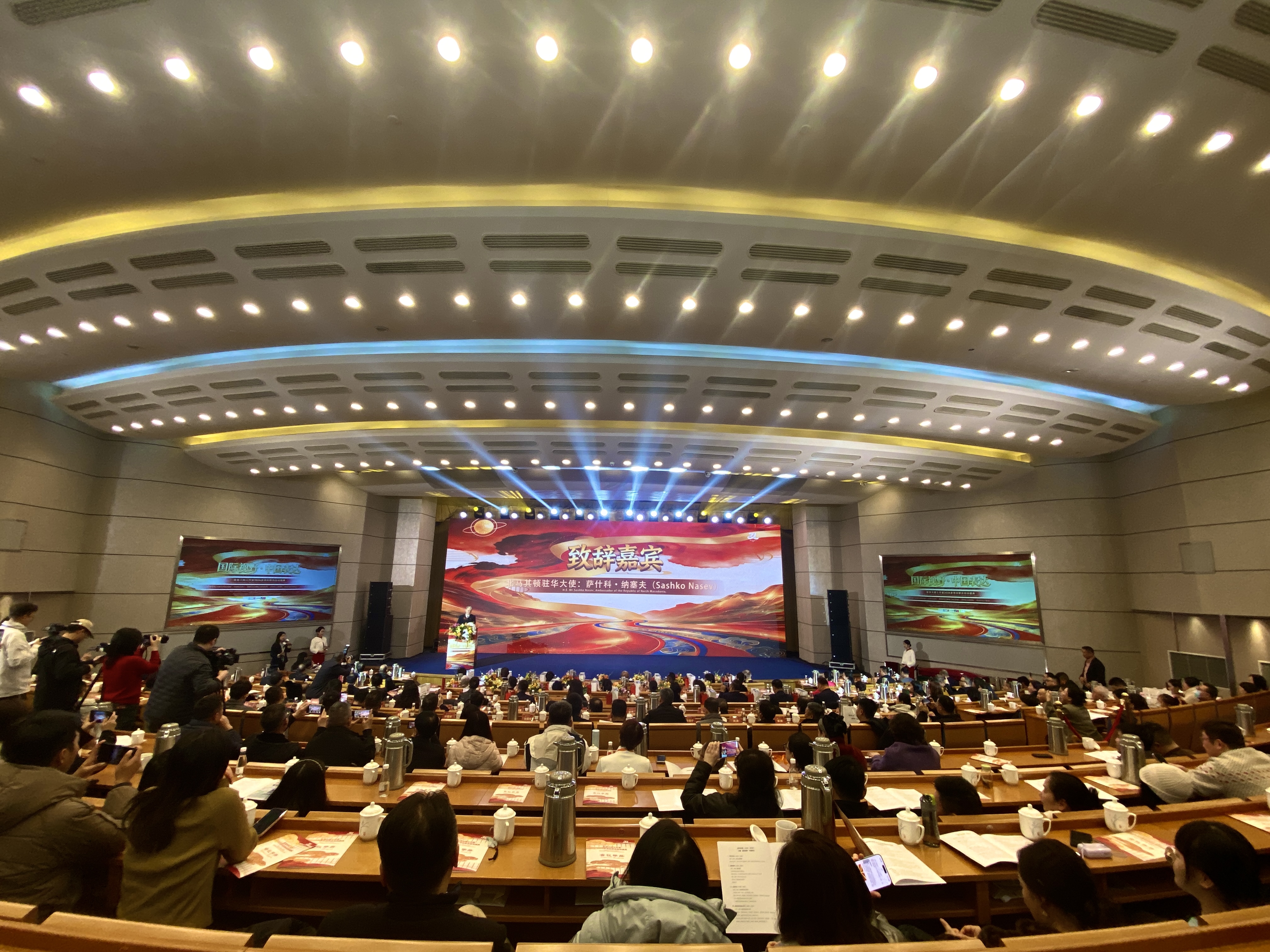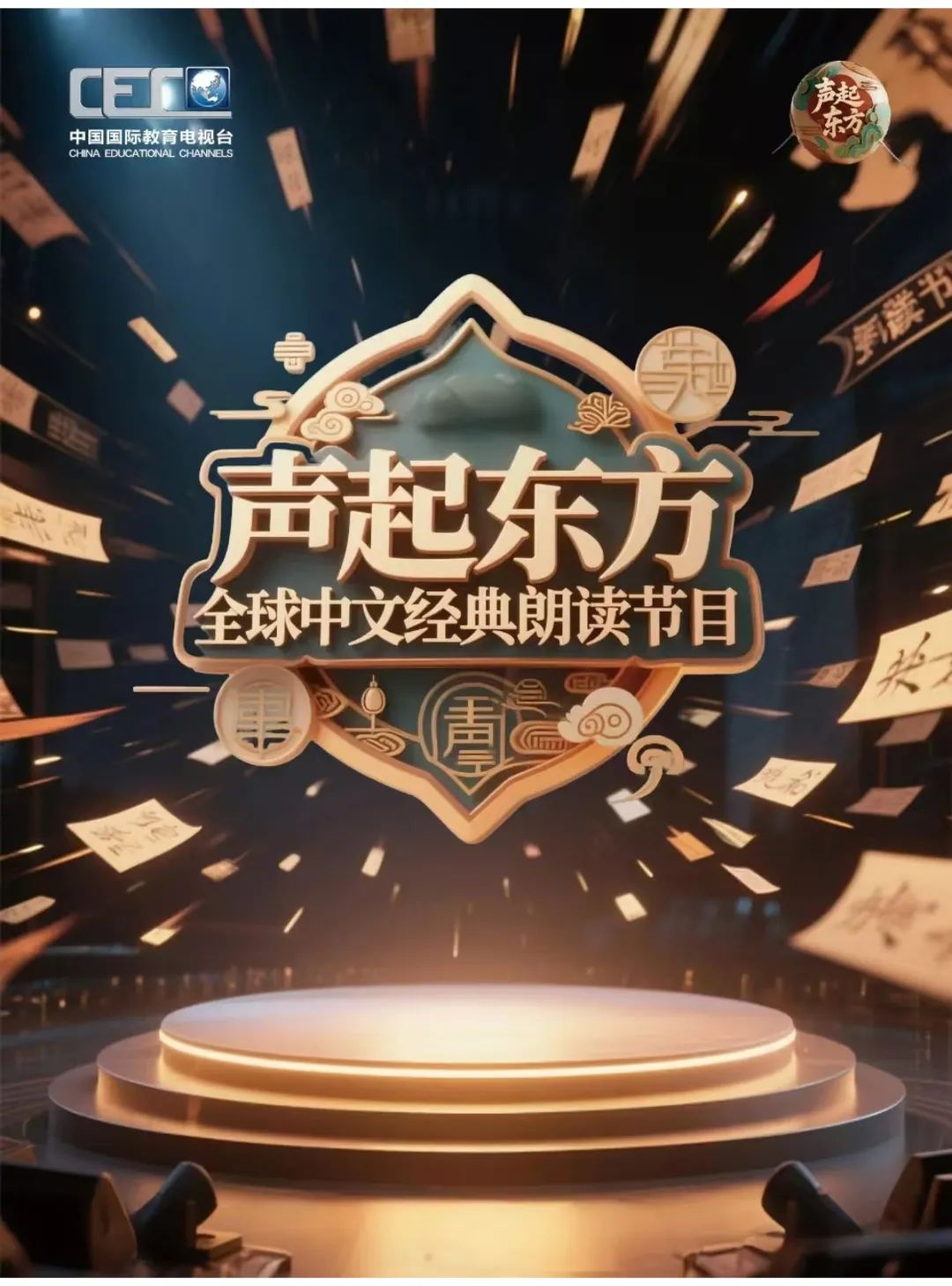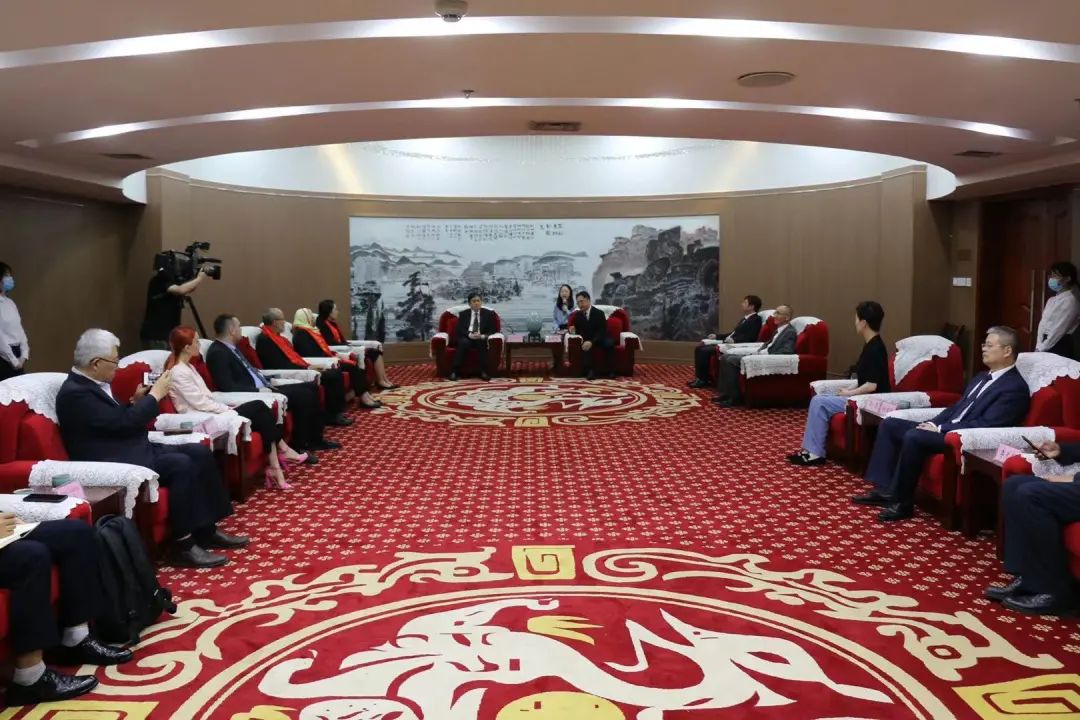澳大利亚撕毁“一带一路”协议
来源:
作者:James O’Neill* 点击:
发布时间:2021-04-25 14:33:13
近日,澳大利亚政府采取了其预期的措施,撕毁了澳大利亚维多利亚州与中国签署的“一带一路”框架协议。这一举动并不出人意料,政府早就发出了信号。取消该计划的表面理由是,它违背了澳大利亚的安全利益。它以何种方式威胁澳大利亚的安全目前尚不清楚,而且很难在寻求促进中国和维多利亚州之间贸易的协议中确定安全威胁。
澳大利亚成为第一个正式退出“一带一路”倡议的国家。目前,该组织由世界各地的140多个国家组成,其中包括澳大利亚所在地区的12个国家,斐济、印度尼西亚、新西兰和巴布亚新几内亚等较大的国家。
官方所说的“国家安全”理由当然只是为了证明政治决定的合理性而编造出来的。澳大利亚在其外交政策上只不过是美国的另一个国家。自从日本参加第二次世界大战和澳大利亚向美军开放边境以来,这一点一直很明显。从那时起,他们就一直驻扎在这里,现在他们占领了大约8个军事基地,包括北领地松树峡的重要电子间谍基地。
惠特拉姆政府在1972年至1975年的三年中,澳大利亚军队在越南战争中退出了军队,这期间发生了短暂的独立风波。推翻该政府的是由长期担任总督职位的美国情报人员约翰·克尔 (John Kerr)策划的。
从那时起,澳大利亚政府没有过背离美国的外交政策,其表现为澳大利亚军队参与入侵和占领阿富汗、伊拉克和叙利亚。澳大利亚两个主要政党的两党合作态度,可以从工党外交事务发言人黄英贤(Penny Wong,马来-中国血统)对政府的决定给予的无条件支持中看出。
此举并不出人意料。至少自澳大利亚总理斯科特·莫里森(Scott Morrison)于2020年公开要求调查新冠肺炎大流行的“中国起源”以来,中澳关系一直处于低谷。
坦率地说,很难理解为什么澳大利亚要特意去惹恼中国政府。中国是澳大利亚最大的贸易伙伴,其规模是第二大贸易伙伴日本的两倍,占澳大利亚总出口收入的40%以上。为了对政府不明智的评论和其他惩罚性措施的做出回应,中国政府暂停了从澳大利亚的一系列进口,并对葡萄酒等其他产品实施了惩罚性制裁。
中国不仅在出口方面是澳大利亚至关重要的贸易伙伴。2019年(疫情前),中国是澳大利亚的最大外国游客来源、最大外国留学生来源国(每年超过100亿美元)和第三大外国投资来源国。这些数字都大幅下降,在可预见的未来也不太可能恢复。
因此,澳大利亚政府的最新举措并不完全出人意料。这引起了中国政府对其措辞强硬的回应。中国外交部敦促澳大利亚立即撤销其所谓的“错误决定”,并停止“不负责任的言行”。如果不这样做,中国将“坚定而有力地”做出回应。
此次贸易行动之前,澳大利亚曾对中国采取过长期的敌对行动。澳大利亚成为全球首个禁止中国华为5G设备在澳大利亚使用的国家。它还积极参与了美国和其他一些西方国家就香港和中国新疆地区问题发动的宣传战。在后一种情况下,澳大利亚加入了对新疆维吾尔人的“种族灭绝”指控,尽管有明确证据表明这些指控是出于政治动机并且缺乏可信度。
俄罗斯作家卢芭·卢尔科(Lyuba Lulko)于2021年4月22日在《真理报》(Pravda)上撰文指出,澳大利亚是美国对中国不断增长的全球经济实力发起战争中的的“牺牲品”。卢尔科指出,到目前为止,与中国的贸易战已经让澳大利亚损失了200亿美元(这还不包括游客和学生损失的影响)。
据报道,中国外交部发言人汪文斌敦促澳大利亚“立即撤销错误决定、改弦更张,停止对中澳关系不负责任的言行,停止对两国正常合作交流无端设限,否则中方必将坚决有力回应。”
中国驻澳大利亚公使王晰宁也提到了美国和澳大利亚行动之间的密切联系。他说,“中国不是一头奶牛,我认为人们不该想着在中国正值盛年时挤奶,最终再密谋将其宰割。”
很难理解澳大利亚行动背后的理由,这显然会对经济造成毁灭性的影响。卢尔科在文章的结尾建议澳大利亚的精英们“在派袋鼠去杀死中国龙之前应该三思而后行。”
这是一个很好的建议。不幸的是,这一点不太可能被引起注意,澳大利亚的利益将会被其政府盲目效忠于美国而牺牲。
澳大利亚成为第一个正式退出“一带一路”倡议的国家。目前,该组织由世界各地的140多个国家组成,其中包括澳大利亚所在地区的12个国家,斐济、印度尼西亚、新西兰和巴布亚新几内亚等较大的国家。
官方所说的“国家安全”理由当然只是为了证明政治决定的合理性而编造出来的。澳大利亚在其外交政策上只不过是美国的另一个国家。自从日本参加第二次世界大战和澳大利亚向美军开放边境以来,这一点一直很明显。从那时起,他们就一直驻扎在这里,现在他们占领了大约8个军事基地,包括北领地松树峡的重要电子间谍基地。
惠特拉姆政府在1972年至1975年的三年中,澳大利亚军队在越南战争中退出了军队,这期间发生了短暂的独立风波。推翻该政府的是由长期担任总督职位的美国情报人员约翰·克尔 (John Kerr)策划的。
从那时起,澳大利亚政府没有过背离美国的外交政策,其表现为澳大利亚军队参与入侵和占领阿富汗、伊拉克和叙利亚。澳大利亚两个主要政党的两党合作态度,可以从工党外交事务发言人黄英贤(Penny Wong,马来-中国血统)对政府的决定给予的无条件支持中看出。
此举并不出人意料。至少自澳大利亚总理斯科特·莫里森(Scott Morrison)于2020年公开要求调查新冠肺炎大流行的“中国起源”以来,中澳关系一直处于低谷。
坦率地说,很难理解为什么澳大利亚要特意去惹恼中国政府。中国是澳大利亚最大的贸易伙伴,其规模是第二大贸易伙伴日本的两倍,占澳大利亚总出口收入的40%以上。为了对政府不明智的评论和其他惩罚性措施的做出回应,中国政府暂停了从澳大利亚的一系列进口,并对葡萄酒等其他产品实施了惩罚性制裁。
中国不仅在出口方面是澳大利亚至关重要的贸易伙伴。2019年(疫情前),中国是澳大利亚的最大外国游客来源、最大外国留学生来源国(每年超过100亿美元)和第三大外国投资来源国。这些数字都大幅下降,在可预见的未来也不太可能恢复。
因此,澳大利亚政府的最新举措并不完全出人意料。这引起了中国政府对其措辞强硬的回应。中国外交部敦促澳大利亚立即撤销其所谓的“错误决定”,并停止“不负责任的言行”。如果不这样做,中国将“坚定而有力地”做出回应。
此次贸易行动之前,澳大利亚曾对中国采取过长期的敌对行动。澳大利亚成为全球首个禁止中国华为5G设备在澳大利亚使用的国家。它还积极参与了美国和其他一些西方国家就香港和中国新疆地区问题发动的宣传战。在后一种情况下,澳大利亚加入了对新疆维吾尔人的“种族灭绝”指控,尽管有明确证据表明这些指控是出于政治动机并且缺乏可信度。
俄罗斯作家卢芭·卢尔科(Lyuba Lulko)于2021年4月22日在《真理报》(Pravda)上撰文指出,澳大利亚是美国对中国不断增长的全球经济实力发起战争中的的“牺牲品”。卢尔科指出,到目前为止,与中国的贸易战已经让澳大利亚损失了200亿美元(这还不包括游客和学生损失的影响)。
据报道,中国外交部发言人汪文斌敦促澳大利亚“立即撤销错误决定、改弦更张,停止对中澳关系不负责任的言行,停止对两国正常合作交流无端设限,否则中方必将坚决有力回应。”
中国驻澳大利亚公使王晰宁也提到了美国和澳大利亚行动之间的密切联系。他说,“中国不是一头奶牛,我认为人们不该想着在中国正值盛年时挤奶,最终再密谋将其宰割。”
很难理解澳大利亚行动背后的理由,这显然会对经济造成毁灭性的影响。卢尔科在文章的结尾建议澳大利亚的精英们“在派袋鼠去杀死中国龙之前应该三思而后行。”
这是一个很好的建议。不幸的是,这一点不太可能被引起注意,澳大利亚的利益将会被其政府盲目效忠于美国而牺牲。
This week the Australian government took its expected step and cancelled the Belt and Road Initiative agreement that the Australian State of Victoria had signed with the Chinese. The move was not unexpected and had been signalled by the government some time ago. The ostensible reason for the cancellation was that it was contrary to the security interests of Australia. In which way it threatened Australia’s security was not made clear and it is difficult to ascertain security threats in an agreement that seeks to promote trade between two entities, in this case China and Victoria.
Australia thus became the first state to formally withdraw from participation in the BRI. That grouping now consists of more than 140 countries in all regions of the world, including 12 nations in Australia’s region of the world, such as Fiji, Indonesia, New Zealand, and Papua New Guinea just to name the bigger ones.
The officially quoted reason of “national security” is of course simply invented to justify what is a political decision. Australia is for all effective purposes, simply another State of the United States in its foreign policy. That has been evident ever since the Japanese entered the Second World War and Australia opened its borders to the location of United States servicemen. They have been here ever since, and now occupy an estimated eight military bases, including the important electronic spying base of Pine Gap in the Northern Territory.
There was a brief flurry of independence during the three years of the Whitlam government from 1972 to 1975, during which time Australian troops were withdrawn from their involvement in the Vietnam war. The overthrow of that government was engineered by long time United States intelligence asset John Kerr who held the post of governor general, which he used to dismiss the Whitlam government.
Since then, no Australian government has seriously diverted from the United States foreign policy position, reflected in part in the involvement of Australian troops in the invasions and occupations of Afghanistan, Iraq and Syria. The bipartisan approach of the two major Australian political parties can be seen in the unqualified support the Labor party’s foreign affairs spokesperson Penny Wong (ironically of Malay – Chinese extraction) gave to the government’s decision.
The move was not unexpected. Relations between China and Australia have been on a poor footing, at least since the Australian prime minister Scott Morrison in 2020 openly asked for an inquiry into the “Chinese origins” of the coronavirus pandemic then starting to rage the world.
It is frankly difficult to understand why Australia should go out of its way to annoy the Chinese government. China is Australia’s largest trading partner by a considerable margin, being twice the size of the next largest, Japan, and accounting for more than 40% of Australia’s total export earnings. As a response to the government ill-advised comments and other frankly punitive measures that were introduced, the Chinese government suspended a range of imports from Australia and imposed punitive sanctions on others such as wine.
It is not just in exports that China is a critically important trading partner. In 2019 (before the pandemic) China was the largest source of foreign tourists to Australia, the largest source of foreign students (worth more than $10 billion per annum) and the third largest source of foreign investment. Those figures have all plummeted and are unlikely to recover in the foreseeable future.
The latest move by the Australian government was therefore not a total surprise. It led to a sharply worded response by the Chinese government. The Chinese foreign ministry urged the government to immediately reverse what it called its “wrong decision” and to stop “irresponsible words and deeds.” If it did not do so, China would respond “firmly and forcefully.”
The trading actions follow a lengthy history of hostile Australian actions against China. It became the first country in the world to ban the 5G equipment of the Chinese company Huawei from being used in Australia. It has also been an active participant in the propaganda war being waged by the United States and some other western countries over issues relating to Hong Kong and the Xinjiang region of China. In the latter case Australia has joined in the allegations of “genocide” against the Uighur people of Xinjiang despite clear evidence that the allegations are politically motivated and lack credence.
The Russian writer Lyuba Lulko writing in Pravda on 22 April 2021 stated that Australia was “sacrificed” to the United States crusade against China’s growing economic global power. Lulko points out that the trade war with China has thus far cost Australia $20 billion (and that does not include the effects of the loss of tourists and students).
The Chinese foreign ministry spokesman Wang Wenbin is quoted as urging Australia to “immediately correct its mistake, immediately reverse the wrong corresponding decisions and not to rub salt in the wound of the already complicated Sino-Australian relationship.”
The close links between the United States and Australian actions were also noted by China’s deputy ambassador to Australia, Wang Xining, who was quoted as saying that “China is not a cow. I don’t think it would occur to anyone to milk China in its prime while plotting to kill it in the end.”
It is difficult to perceive the rationale behind the Australian actions which clearly will have a devastating economic impact. Lulko concludes her article by suggesting that the Australian elite “should keep their heads on their shoulders and think twice before they send a kangaroo to slay a Chinese dragon.”
This is good advice. Sadly, it is unlikely to be heeded and the Australian people will be sacrificed in the interest of the Australian government’s wrong-headed blind allegiance to the United States.
(责任编辑:James O’Neill*)
Australia thus became the first state to formally withdraw from participation in the BRI. That grouping now consists of more than 140 countries in all regions of the world, including 12 nations in Australia’s region of the world, such as Fiji, Indonesia, New Zealand, and Papua New Guinea just to name the bigger ones.
The officially quoted reason of “national security” is of course simply invented to justify what is a political decision. Australia is for all effective purposes, simply another State of the United States in its foreign policy. That has been evident ever since the Japanese entered the Second World War and Australia opened its borders to the location of United States servicemen. They have been here ever since, and now occupy an estimated eight military bases, including the important electronic spying base of Pine Gap in the Northern Territory.
There was a brief flurry of independence during the three years of the Whitlam government from 1972 to 1975, during which time Australian troops were withdrawn from their involvement in the Vietnam war. The overthrow of that government was engineered by long time United States intelligence asset John Kerr who held the post of governor general, which he used to dismiss the Whitlam government.
Since then, no Australian government has seriously diverted from the United States foreign policy position, reflected in part in the involvement of Australian troops in the invasions and occupations of Afghanistan, Iraq and Syria. The bipartisan approach of the two major Australian political parties can be seen in the unqualified support the Labor party’s foreign affairs spokesperson Penny Wong (ironically of Malay – Chinese extraction) gave to the government’s decision.
The move was not unexpected. Relations between China and Australia have been on a poor footing, at least since the Australian prime minister Scott Morrison in 2020 openly asked for an inquiry into the “Chinese origins” of the coronavirus pandemic then starting to rage the world.
It is frankly difficult to understand why Australia should go out of its way to annoy the Chinese government. China is Australia’s largest trading partner by a considerable margin, being twice the size of the next largest, Japan, and accounting for more than 40% of Australia’s total export earnings. As a response to the government ill-advised comments and other frankly punitive measures that were introduced, the Chinese government suspended a range of imports from Australia and imposed punitive sanctions on others such as wine.
It is not just in exports that China is a critically important trading partner. In 2019 (before the pandemic) China was the largest source of foreign tourists to Australia, the largest source of foreign students (worth more than $10 billion per annum) and the third largest source of foreign investment. Those figures have all plummeted and are unlikely to recover in the foreseeable future.
The latest move by the Australian government was therefore not a total surprise. It led to a sharply worded response by the Chinese government. The Chinese foreign ministry urged the government to immediately reverse what it called its “wrong decision” and to stop “irresponsible words and deeds.” If it did not do so, China would respond “firmly and forcefully.”
The trading actions follow a lengthy history of hostile Australian actions against China. It became the first country in the world to ban the 5G equipment of the Chinese company Huawei from being used in Australia. It has also been an active participant in the propaganda war being waged by the United States and some other western countries over issues relating to Hong Kong and the Xinjiang region of China. In the latter case Australia has joined in the allegations of “genocide” against the Uighur people of Xinjiang despite clear evidence that the allegations are politically motivated and lack credence.
The Russian writer Lyuba Lulko writing in Pravda on 22 April 2021 stated that Australia was “sacrificed” to the United States crusade against China’s growing economic global power. Lulko points out that the trade war with China has thus far cost Australia $20 billion (and that does not include the effects of the loss of tourists and students).
The Chinese foreign ministry spokesman Wang Wenbin is quoted as urging Australia to “immediately correct its mistake, immediately reverse the wrong corresponding decisions and not to rub salt in the wound of the already complicated Sino-Australian relationship.”
The close links between the United States and Australian actions were also noted by China’s deputy ambassador to Australia, Wang Xining, who was quoted as saying that “China is not a cow. I don’t think it would occur to anyone to milk China in its prime while plotting to kill it in the end.”
It is difficult to perceive the rationale behind the Australian actions which clearly will have a devastating economic impact. Lulko concludes her article by suggesting that the Australian elite “should keep their heads on their shoulders and think twice before they send a kangaroo to slay a Chinese dragon.”
This is good advice. Sadly, it is unlikely to be heeded and the Australian people will be sacrificed in the interest of the Australian government’s wrong-headed blind allegiance to the United States.
版权及免责声明
1、本网转载媒体稿件旨在传播更多有益信息,并不代表同意该观点,本网不承担稿件侵权行为的连带责任;
2、在本网博客/论坛发表言论者,文责自负。
推荐文章
热点内容
-
 张录工作室2026多项目联合计划
中国国际教育电视台讯:1月31日,“张录大师工作室2026多项目联合启动盛典”在浙江省人民大会堂国际会议厅隆重举行。本次活动由中国国际教育电视台、张录大师工作室
张录工作室2026多项目联合计划
中国国际教育电视台讯:1月31日,“张录大师工作室2026多项目联合启动盛典”在浙江省人民大会堂国际会议厅隆重举行。本次活动由中国国际教育电视台、张录大师工作室
-
 CECTV《声起东方》全球中文经
制片主任:李敏
CECTV《声起东方》全球中文经
制片主任:李敏
- ・《少林点穴的隐秘力量》纪录片在郑州圆满杀青
- ・2025GT世界挑战赛北京亦庄站启幕
- ・北京市侨联召开海外北京会座谈交流会
- ・2025GT世界挑战赛北京亦庄站圆满落幕
- ・短片【未封存的岁月日记】的时代意义
- ・侨智未来·创新人才发展活动举办
- ・2025GT世界挑战赛北京亦庄站筹备进入冲刺阶段
- ・无锡味道 世界共享LA LISTE 2025全球美食
- ・2025“校园星主播”国际展演(韩国站)圆满结束
- ・“勇气少年团”综艺节目开始选拨啦
- ・CECTV《声起东方》全球中文经典朗读节目
- ・美国迈阿密大学访问学者项目
- ・2012第二届中国国际积极心理学大会
- ・首届世界香具文化大会暨高峰论坛在浙江龙泉圆满召开
最新文章
- ・张录工作室2026多项目联合计划在杭启幕 构建文化出
- ・AI漫剧人才评价标准研讨会在京举行
- ・百集电视访谈栏目《健康大讲堂》----磷虾油与健康第
- ・百集电视访谈栏目《健康大讲堂》----特医食品与健康
- ・“汇聚力量·点燃希望”大手牵小手“我和星宝过大年”暨
- ・古巴民族英雄何塞·马蒂诞辰173周年暨菲德尔·卡斯特
- ・以象为维 医艺新章
- ・百集电视访谈栏目《健康大讲堂》----特医食品与健康
- ・百集电视访谈栏目《健康大讲堂》----维生素k2与健
- ・首次披露“七个一”工程,民营经济高质量发展丰台大会召
- ・CECTV《声起东方》全球中文经典朗读节目
- ・“勇气少年团”综艺节目开始选拨啦
- ・2025“校园星主播”国际展演(韩国站)圆满结束
- ・首届世界香具文化大会暨高峰论坛在浙江龙泉圆满召开
- ・2012第二届中国国际积极心理学大会
- ・美国迈阿密大学访问学者项目








